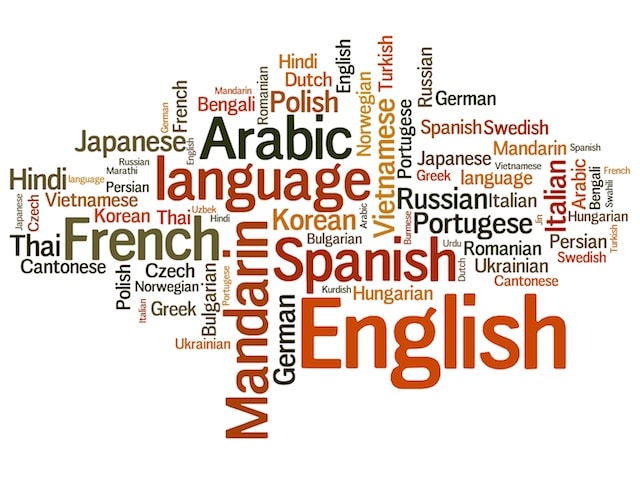SWATI LANGUAGE
Understanding The Swati Language & Providing Professional Swati Interpreters, Translators and Transcriptionists?
American Language Services ? (AML-Global) understands the importance of working in the Swati language. For over a Quarter of a Century, American Language Services ? has worked with the Swati language as well as hundreds of others from around the world. We offer comprehensive language services 24 hours, 7 days a week worldwide by providing Swati interpreting, translation and transcriptions services along with hundreds of other languages and dialects. Our linguists are native speakers and writers who are screened, credentialed, certified, field tested and experienced in a number of specific industry settings. The Swati language is unique and has very specific origins and characteristics.?
Swati, Swaziland and Religion
Swati is a Bantu language of the Nguni group spoken in Swaziland and South Africa . The number of speakers is estimated to be in the region of 1.5 million. The language is taught in Swaziland and some South African schools in Mpumalanga and KaNgwane areas. SiSwati is an official language of Swaziland and is also one of the twelve official languages of South Africa. The most common religion in Swaziland is Christianity which totals 82.70% of the total population, in which various Protestant and indigenous African churches, including African Zionist, constitute the majority of the Christians, followed closely by Roman Catholicism. There are also non-Christian religions practiced in the country such as Islam (0.95%), the Bah?’? Faith (0.5%), and Hinduism (0.15%).?
Swati Dialects
Swati spoken in Swaziland can be divided into four dialects corresponding to the four administrative regions of the country: Hhohho, Lubombo, Manzini, and Shiselweni. Swati has at least two varieties: the standard, prestige variety spoken mainly in the north, centre and southwest of the country, and a less prestigious variety spoken elsewhere. In the far south, especially in towns such as Nhlangano and Hlathikhulu, the variety of the language spoken is significantly influenced by iSiZulu. Many Swazis including those in the south who speak this variety, do not regard it as ‘proper’ SiSwati. This is what may be referred to as the second dialect in the country. The sizeable number of SiSwati-speakers in South Africa are considered by Swaziland SiSwati-speakers to speak a non-standard form of the language.?
Swati Phonology
The Swati noun (libito) consists of two essential parts, the prefix (sicalo) and the stem (umsuka). Using the prefixes, nouns can be grouped into noun classes, which are numbered consecutively, to ease comparison with other Bantu languages. The following table gives an overview of SiSwati noun classes, arranged according to singular-plural pairs.
Who are You Going to Trust with Your Vital Swati Language Needs?
The Swati language is an important language worldwide. It is vital to understand the general nature and specific idiosyncrasies of Swati. Since 1985, AML-Global has provided outstanding Swati interpreters, translators and transcriptionsts worldwide.
























